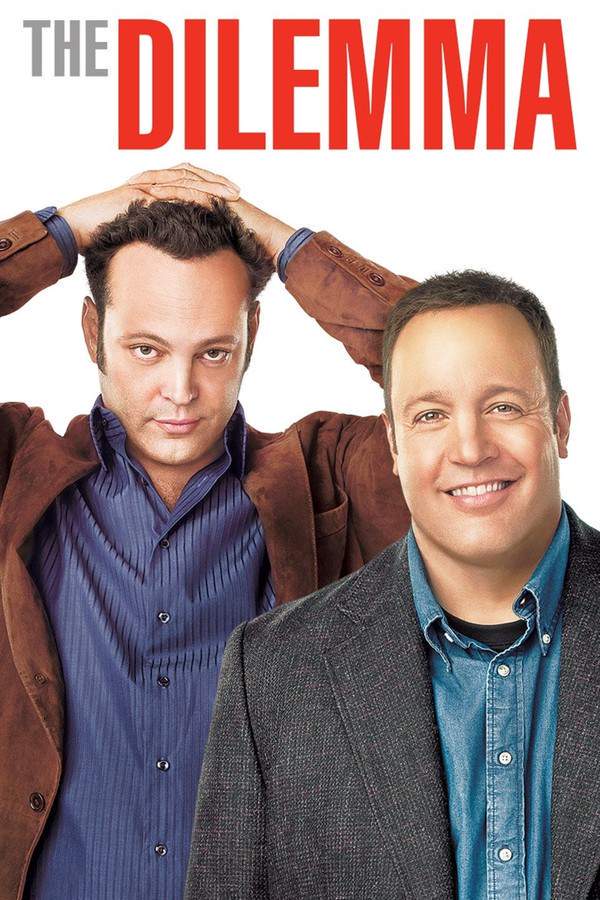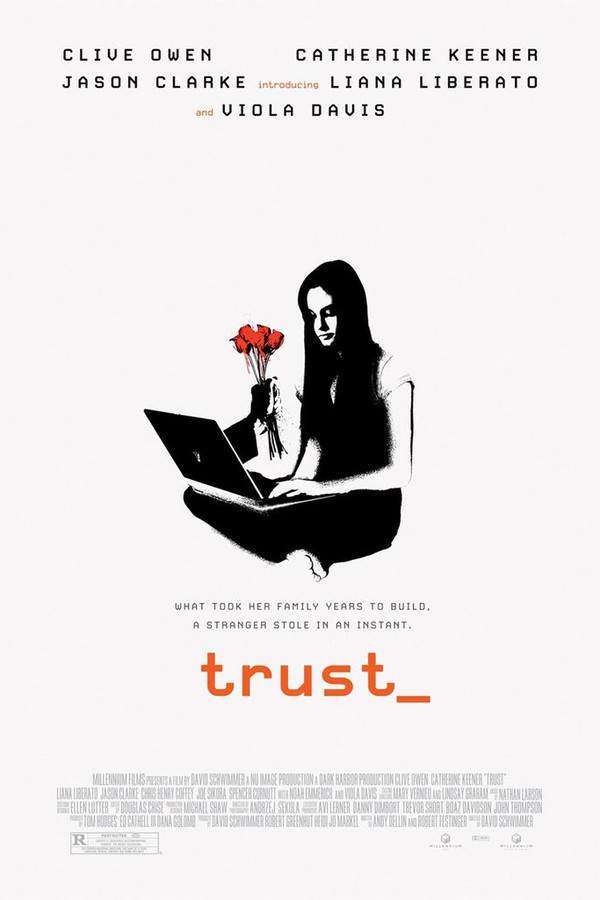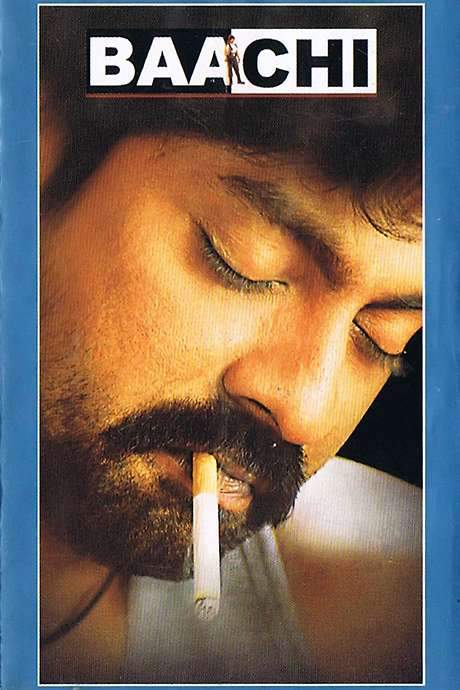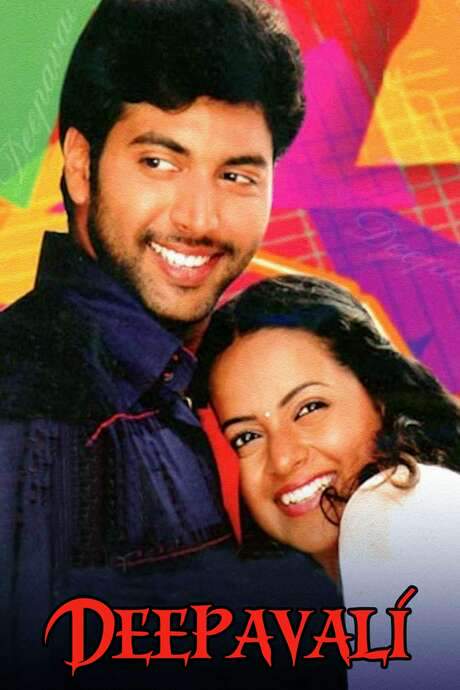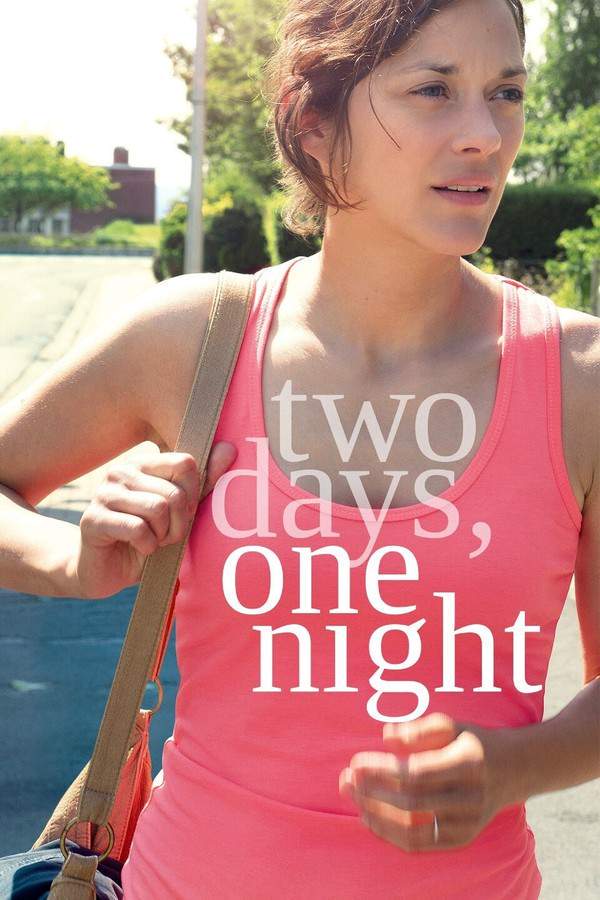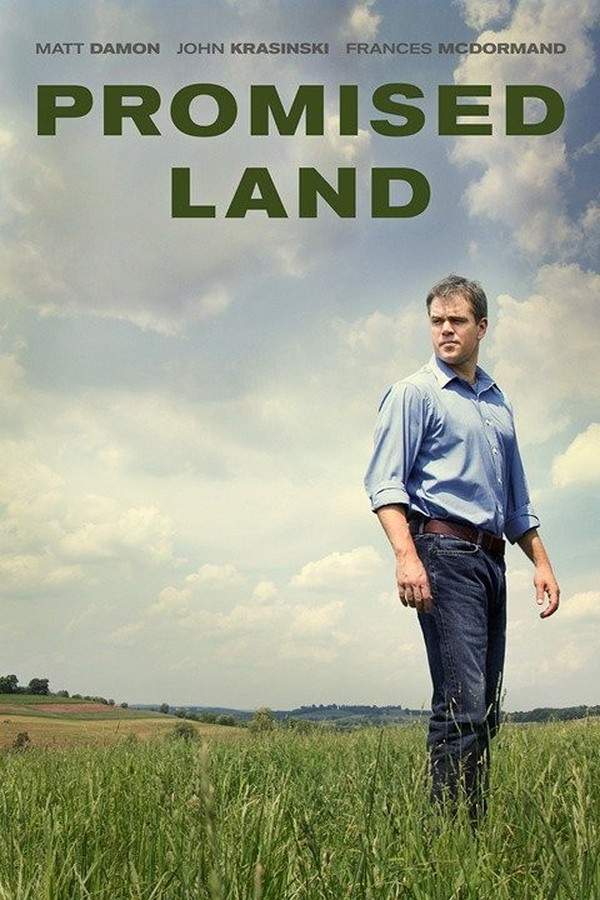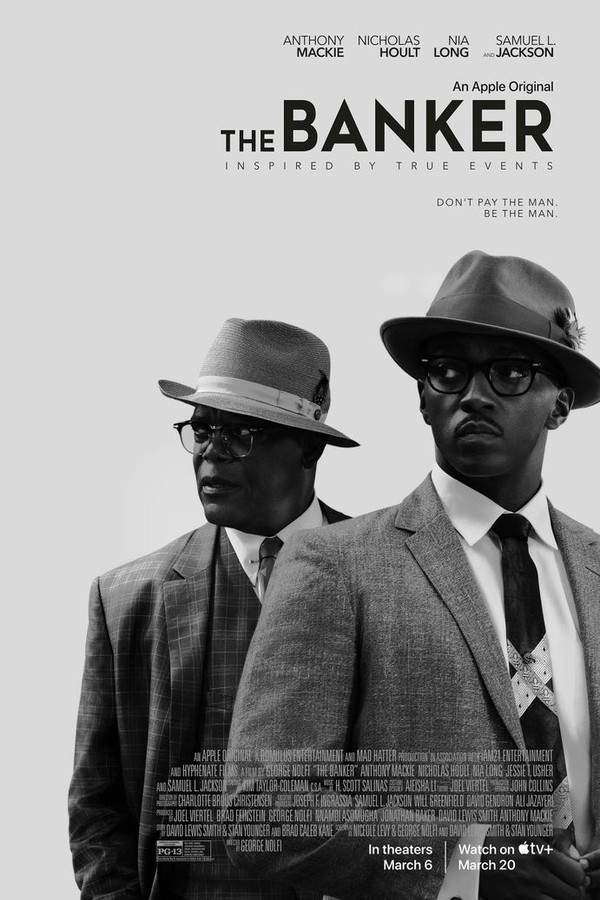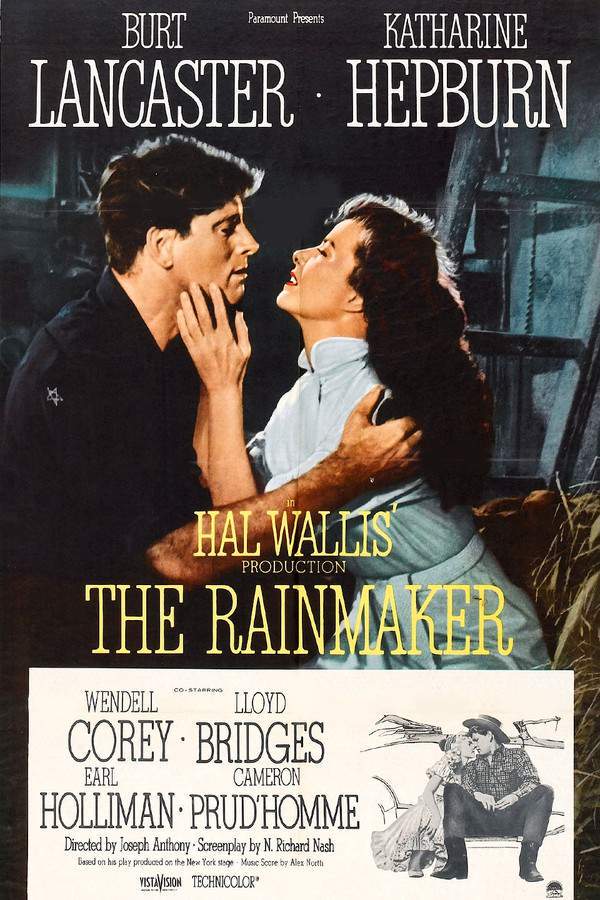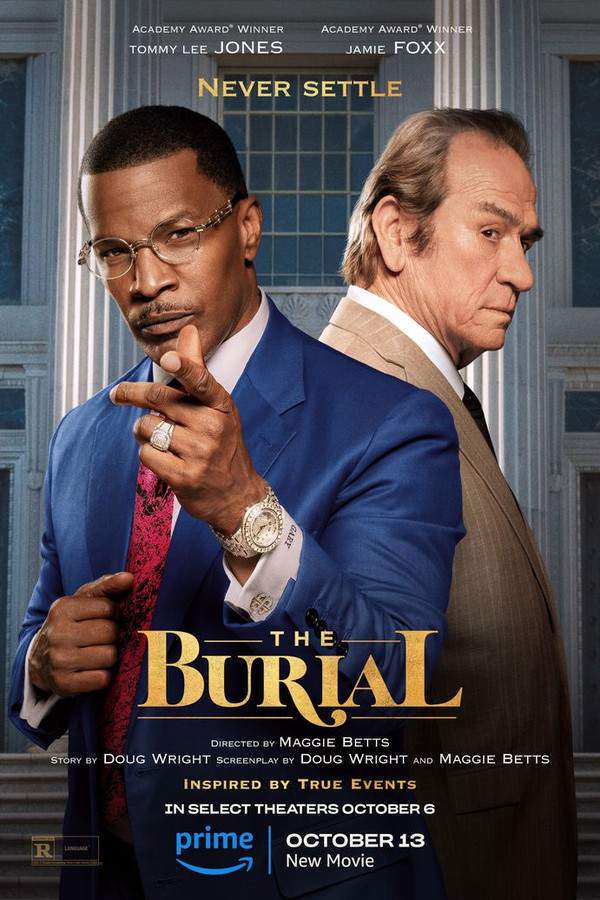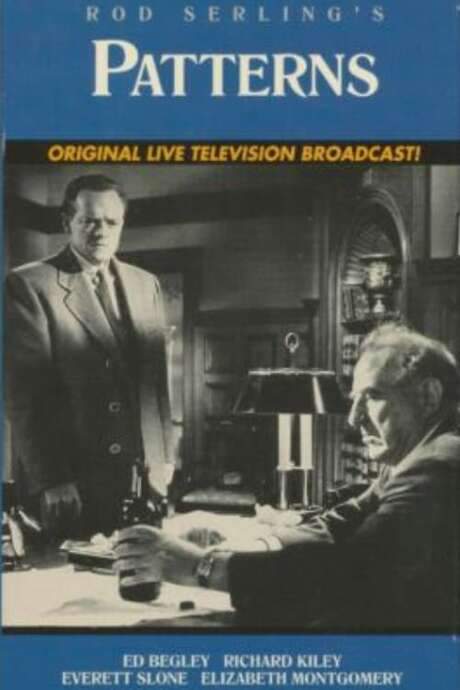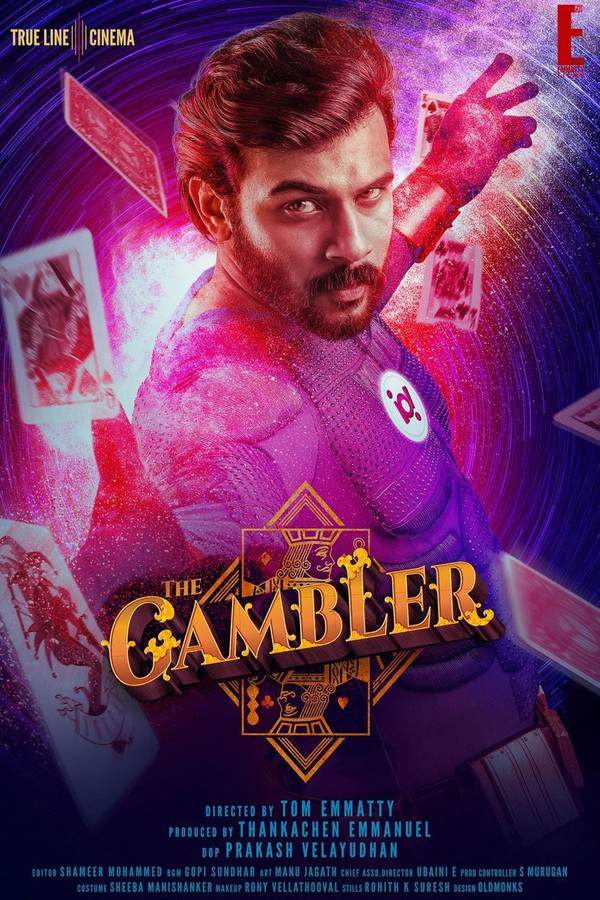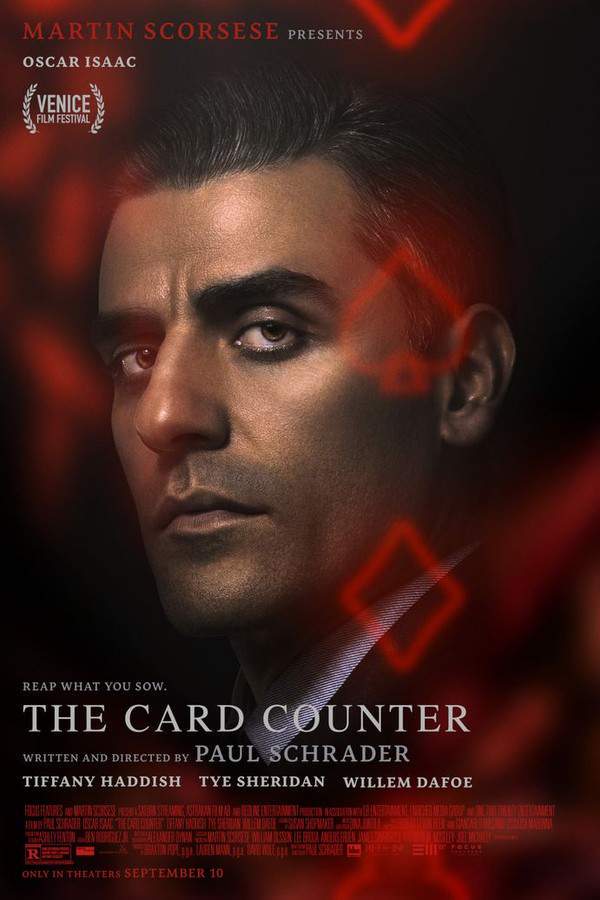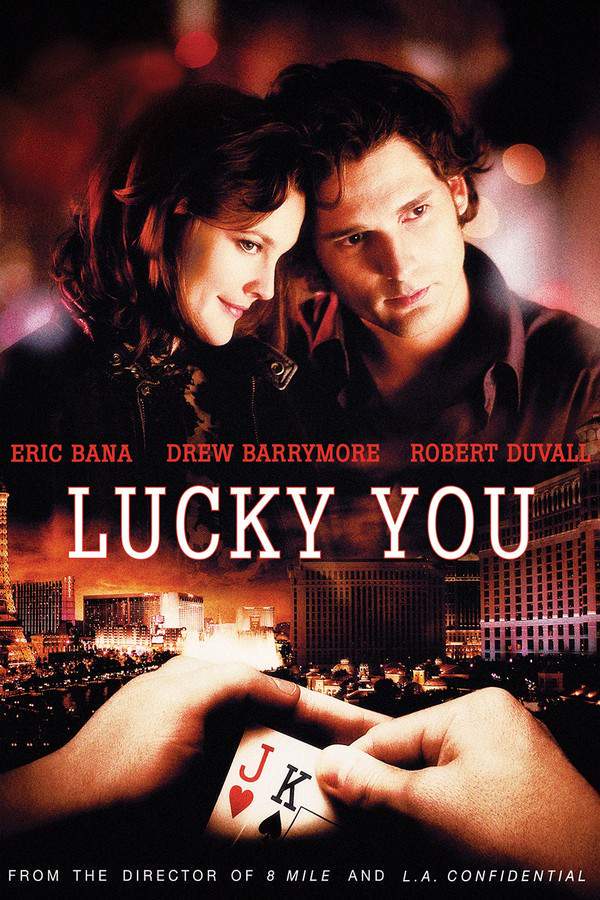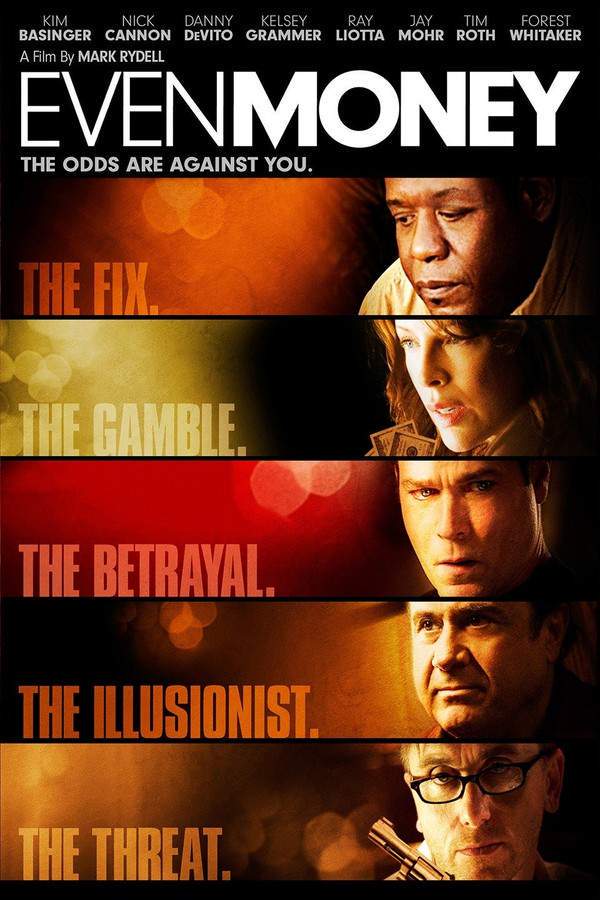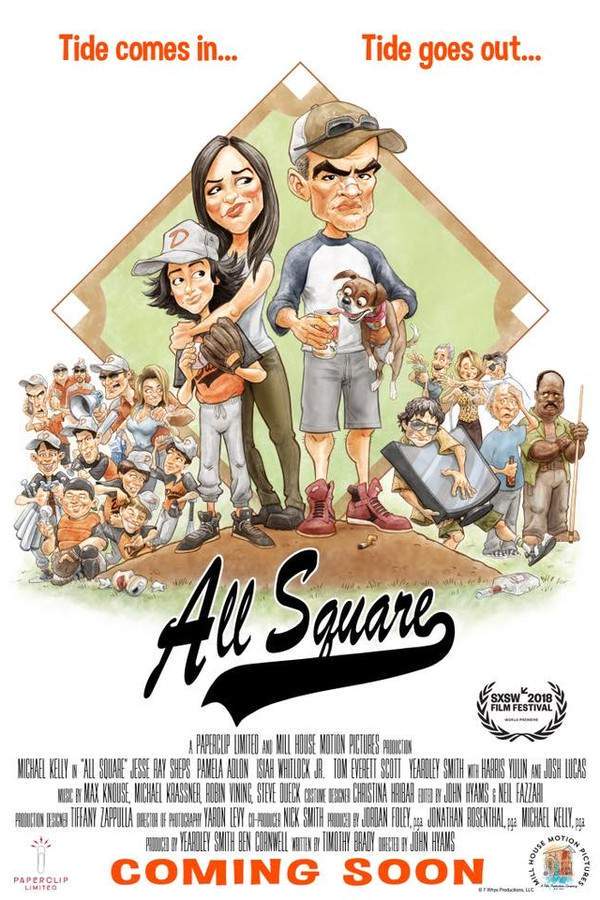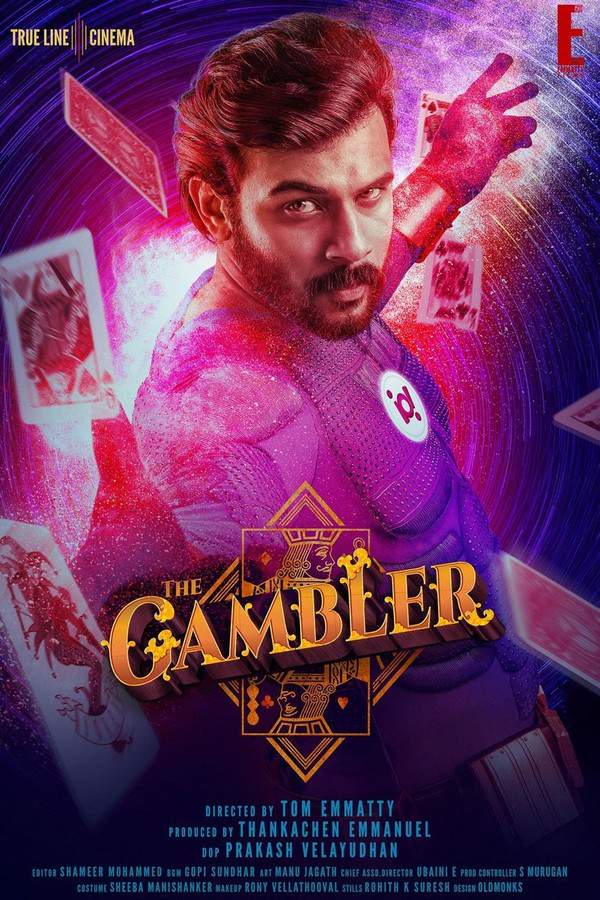
Any Number Can Play
Year: 1949
Runtime: 112 mins
Language: English
Director: Mervyn LeRoy
Charley Kyng runs a casino and learns he has a condition, prompting his doctor to urge him to spend time with his family. He struggles to keep his business separate from home, while his son Paul, ashamed of his father's trade, gets into a fight at prom. Charley’s brother‑in‑law Robbin, a casino employee, begins rigging games to cover gambling debts.
Warning: spoilers below!
Haven’t seen Any Number Can Play yet? This summary contains major spoilers. Bookmark the page, watch the movie, and come back for the full breakdown. If you're ready, scroll on and relive the story!
Any Number Can Play (1949) – Full Plot Summary & Ending Explained
Read the complete plot breakdown of Any Number Can Play (1949), including all key story events, major twists, and the ending explained in detail. Discover what really happened—and what it all means.
Wealthy casino owner Charley Enley Kyng [Clark Gable] is advised by his physician to slow down after a serious heart problem, a warning that arrives just as his life is built around risk, ritual, and a deep need to protect what he has. He shares his world with Lon Kyng [Alexis Smith], a wife he doesn’t see enough, and their estranged teenage son Paul Enley Kyng [Darryl Hickman], a boy who senses the rift between father and family even as he tries to chart his own path. Charley also supports Lon’s live-in sister Alice Elcott [Audrey Totter] and her husband Robbin Elcott [Wendell Corey], a gambler whose weak and duplicitous nature undercuts Charley’s carefully balanced life. To Charley, family is a fragile thread he vows to honor; he tries to quit drinking and smoking, and to spend more time at home, hoping to mend the frayed ties that threaten to pull everything apart.
Robbin cannot pay a $2,000 gambling debt to a dangerous gangster, and in a desperate gamble, Elcott brings in loaded dice so they can win back the money at craps. Meanwhile, a disgruntled couple claims they have lost everything at the casino and demand restitution, testing Charley’s commitment to operating a legal and honest business even as the cry of the crowd presses in. Lon’s devotion to her husband remains a quiet undercurrent, but the tension at the casino underscores the fragility of Charley’s world and the uneasy balance he maintains between risk, duty, and family.
Paul, embarrassed by his father’s line of work, lashes out in private, while Charley arranges a fishing trip to separate the crisis from the rest of life, only to have Paul refuse. The rift widens when Paul is dragged into a brawl at his high-school prom and ends up in jail. Charley bails him out, but the boy will not stand by his father, and Paul heads back toward the casino with his mother, a symbol of the pull between familial duty and personal independence.
Big-time gambler Jim Kurstyn [Frank Morgan] is on a hot streak, threatening to bankrupt Charley’s operation. Despite the pressure, Charley remains committed to fair dealing, refusing to shut the game even as Kurstyn wagers more than seems prudent. He lifts the house limit to let Kurstyn go as far as he dares, and in the face of Charley’s stubborn resolve, Kurstyn earns respect for the man who won’t bend. Yet a bad roll changes everything, and Kurstyn loses everything. A gang of thugs who had planned to rob Kurstyn instead turns their attention to Charley, unleashing chaos in the club.
In the melee, Paul stands at his father’s side, followed by a dowager who has long carried a torch for Charley, Sarah Calbern [Marjorie Rambeau]. Charley fights off an armed gunman, dropping him, while Paul leaps onto the other assailant and brings him down. The would-be robbers, along with Robbin, are expelled, and the night becomes a turning point: Lon’s love is rekindled, and Paul gains a new respect for his father’s strength and courage.
Seeing that he has had enough, Charley wagers his casino—and everything he has—against his staff. Paul, acting on behalf of the workers, draws a 9, but Charley, with a quiet dignity, simply says, > “You beat me,” and walks away. Outside, Lon reaches into Charley’s pocket, pulls out a jack, and hands it to Paul, who beams with pride as the trio walks into the night, the family unit restored by a gamble that tested—not destroyed—the bonds between them.
Last Updated: October 09, 2025 at 11:15
Explore Movie Threads
Discover curated groups of movies connected by mood, themes, and story style. Browse collections built around emotion, atmosphere, and narrative focus to easily find films that match what you feel like watching right now.
Fathers rebuilding fractured families like in Any Number Can Play
A father's crisis prompts a desperate struggle to mend his broken relationships with his children.Movies like Any Number Can Play featuring fathers at a personal crossroads, striving to reconnect with their children after a period of estrangement. If you enjoyed the central family drama and Charley Kyng's journey of reconciliation, you'll find similar stories of paternal redemption and healing here.
Narrative Summary
The narrative pattern follows a father figure, often flawed or preoccupied with his career, whose world is shaken by a health scare, financial trouble, or moral dilemma. This catalyst forces him to re-evaluate his priorities, leading to a central conflict as he attempts to bridge the gap with a resentful child or spouse, culminating in a cathartic resolution.
Why These Movies?
Movies are grouped here based on their shared focus on the paternal redemption arc, the emotional tension of family estrangement, and the hopeful, character-driven resolution that mends the fractured bonds.
Stories about business and moral crossroads like Any Number Can Play
A business owner's livelihood is threatened, forcing a tense confrontation with their own integrity.If you liked the tense professional dilemmas in Any Number Can Play, explore more movies about business owners grappling with ethical conflicts. These films feature high-stakes decisions, internal corruption, and the struggle to maintain integrity under pressure, similar to Charley Kyng's casino危機.
Narrative Summary
The narrative typically revolves around a business or establishment that becomes the center of conflict. The owner faces a dual threat: often a dishonest employee or partner compromising the business's integrity, and a personal crisis that questions the venture's very nature. The story builds steadily towards a climactic event that forces a definitive choice, clearing the path for a morally sound resolution.
Why These Movies?
These films are connected by their central theme of ethical business dilemmas, the tense atmosphere of a enterprise under internal and external pressure, and a straightforward narrative that pits personal integrity against professional survival.
Unlock the Full Story of Any Number Can Play
Don't stop at just watching — explore Any Number Can Play in full detail. From the complete plot summary and scene-by-scene timeline to character breakdowns, thematic analysis, and a deep dive into the ending — every page helps you truly understand what Any Number Can Play is all about. Plus, discover what's next after the movie.
Any Number Can Play Timeline
Track the full timeline of Any Number Can Play with every major event arranged chronologically. Perfect for decoding non-linear storytelling, flashbacks, or parallel narratives with a clear scene-by-scene breakdown.

Characters, Settings & Themes in Any Number Can Play
Discover the characters, locations, and core themes that shape Any Number Can Play. Get insights into symbolic elements, setting significance, and deeper narrative meaning — ideal for thematic analysis and movie breakdowns.

Any Number Can Play Spoiler-Free Summary
Get a quick, spoiler-free overview of Any Number Can Play that covers the main plot points and key details without revealing any major twists or spoilers. Perfect for those who want to know what to expect before diving in.

More About Any Number Can Play
Visit What's After the Movie to explore more about Any Number Can Play: box office results, cast and crew info, production details, post-credit scenes, and external links — all in one place for movie fans and researchers.

Similar Movies to Any Number Can Play
Discover movies like Any Number Can Play that share similar genres, themes, and storytelling elements. Whether you’re drawn to the atmosphere, character arcs, or plot structure, these curated recommendations will help you explore more films you’ll love.
Explore More About Movie Any Number Can Play
Any Number Can Play (1949) Scene-by-Scene Movie Timeline
Any Number Can Play (1949) Movie Characters, Themes & Settings
Any Number Can Play (1949) Spoiler-Free Summary & Key Flow
Movies Like Any Number Can Play – Similar Titles You’ll Enjoy
The Gambler (2014) Plot Summary & Ending Explained
The Card Counter (2021) Full Movie Breakdown
21 (2008) Film Overview & Timeline
Lucky You (2007) Full Movie Breakdown
Even Money (2007) Full Summary & Key Details
All Square (2018) Detailed Story Recap
The Gambler (1974) Plot Summary & Ending Explained
All In (2006) Film Overview & Timeline
Number One (1984) Spoiler-Packed Plot Recap
A Natural Born Gambler (1916) Movie Recap & Themes
Any Number Can Win (1963) Spoiler-Packed Plot Recap
Don’t Gamble with Strangers (1946) Full Summary & Key Details
Gambler’s Choice (1944) Ending Explained & Film Insights
Number One (1969) Detailed Story Recap
No Place to Go (1939) Detailed Story Recap

